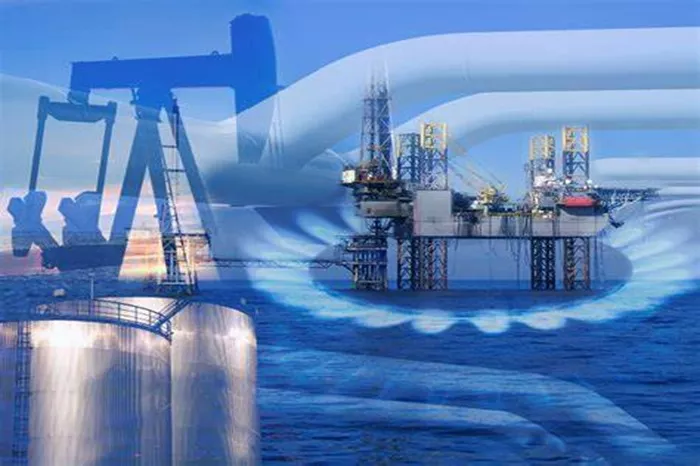Producers of crude oil and natural gas are poised to increase their investments next year, defying expectations of a rapid transition away from hydrocarbons. This development underscores a critical truth in the energy market: as long as there is demand, there will be supply.
According to Wood Mackenzie, investments in oil and gas among the world’s 23 largest producers are projected to rise by over 60% compared to the lows experienced during the pandemic lockdowns of 2020. The research firm anticipates an annual investment increase of 5%, although this marks a slowdown from previous growth rates.
Large oil companies are notably reinvesting around 50% of their profits on average, with individual firms returning between 35% and 60% to shareholders through dividends and share buybacks. A significant portion of these investments, particularly among what Wood Mackenzie refers to as “emerging majors,” is directed towards the upstream sector. For these companies, approximately 90% of total investments are allocated to production and exploration, indicating a commitment to increasing output.
Despite the continuous promises from governments to phase out oil and gas, Wood Mackenzie analysts argue that this investment trend is not surprising. They note, “The main driver has been the dawning realization that the transition is unfolding more slowly than expected, implying that oil and gas demand may be stronger for longer.” Analysts suggest that European majors are investing more in upstream operations to bridge production and cash flow gaps. U.S. majors and some emerging players have already pursued mergers and acquisitions to enhance their upstream portfolios, and further sector consolidation is expected by 2025.
This consolidation approach is becoming essential as direct spending on exploration remains lower than a decade ago, raising concerns about future reserve replacement as the energy transition continues to lag. The robust demand for hydrocarbons is underscored by China’s record-high coal imports in September, even as the country leads in wind and solar capacity and boasts the largest electric vehicle market globally.
Recent corporate shifts among oil and gas giants highlight a renewed focus on core operations. Earlier this month, BP announced it would abandon its previously set production cut targets for oil and gas by 2030. Initially aimed at reducing output by 40%, this target was later revised to 25%, and now the company is eliminating it entirely to enhance production in key regions, including the Gulf of Mexico and the Middle East.
Even with a renewed focus on core business, oil and gas firms continue to invest in the energy transition, albeit at a diminished rate. Wood Mackenzie reports that five major companies—Aramco, Adnoc, BP, Shell, and Total—are allocating approximately $5 billion annually to low-carbon projects.
Interestingly, national oil companies are investing more heavily in transition projects compared to private firms. This trend can be attributed to their government ownership; for instance, the governments of Saudi Arabia and the UAE own Aramco and Adnoc, respectively. These state-owned entities are positioned as champions of future alternative energy initiatives. However, as they invest in these emerging technologies, oil and gas companies appear to be retracting their ambitions to completely move away from oil and gas production.
Related topic:
Diesel Fuel vs Furnace Oil: What is the Difference?

